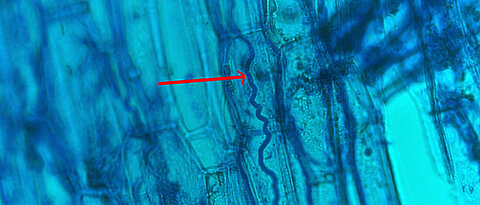
Stories of mass poisoning incidents of livestock due to toxic grasses made headlines especially overseas. Animal ecologists from Würzburg have studied whether this hazard is also lurking on German pastures.
more
Stories of mass poisoning incidents of livestock due to toxic grasses made headlines especially overseas. Animal ecologists from Würzburg have studied whether this hazard is also lurking on German pastures.
more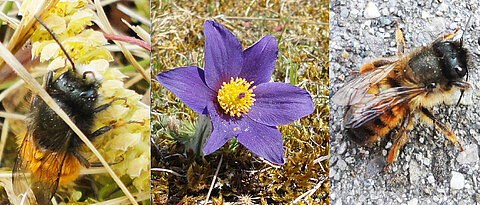
Plants rely on bees for pollination; bees need plants to supply nectar and pollen. Scientists from the University of Würzburg have studied how climate change affects these mutualistic interactions.
more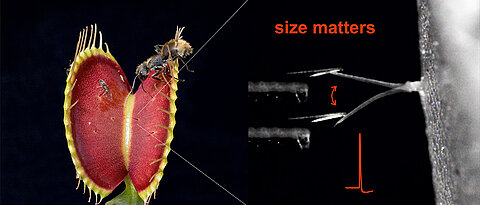
Venus flytraps are capable of detecting the movements of even the smallest insects. This mechanism protects the plant against starving from hyperactivity as a new study conducted by scientists from Würzburg and Cambridge reveals.
more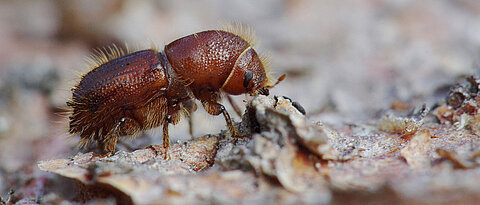
Bark beetles are currently responsible for killing an unprecedented number of trees in forests across Europe and North America. Researchers are therefore urging to step up research into bark beetles – also in view of climate change.
more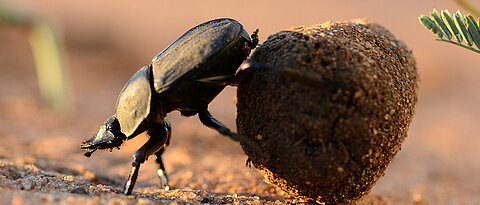
When the South African dung beetle rolls its dung ball through the savannah, it must know the way as precisely as possible. Scientists have now discovered that it does not orient itself solely on the position of the sun.
more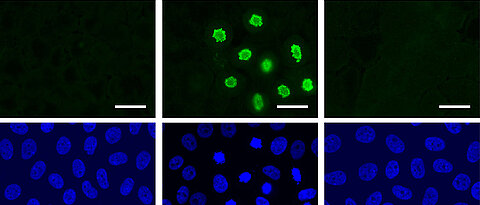
When two proteins work together, this worsens the prognosis for lung cancer patients: their chances of survival are particularly poor in this case.
more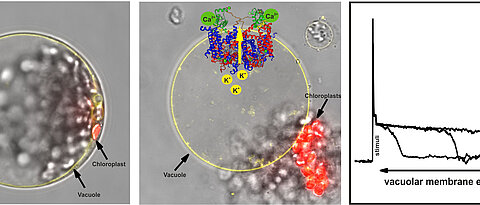
Researchers have filled two knowledge gaps: The vacuoles of plant cells can be excited and the TPC1 ion channel is involved in this process. The function of this channel, which is also found in humans, has been a mystery so far.
more
Bacteria can quickly become resistant to antibiotics. Which mechanisms are responsible for this and how to counteract it? Dr. Ana Rita Brochado, who is setting up a new Emmy Noether Junior Research Group at the University of Würzburg, is investigating this.
more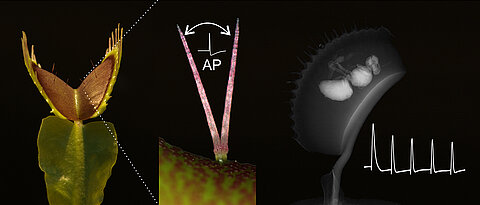
How does the Venus flytrap count and calculate? This is what the Würzburg plant researcher Rainer Hedrich wants to find out. For his project, he will receive 1.5 million euros from a renowned funding programme.
more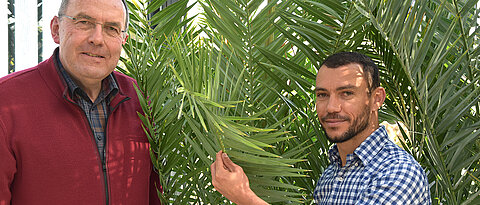
The leaves of date palms can heat up to temperatures around 50 degrees Celsius. They survive thanks to a unique wax mixture that is essential for the existence in the desert.
more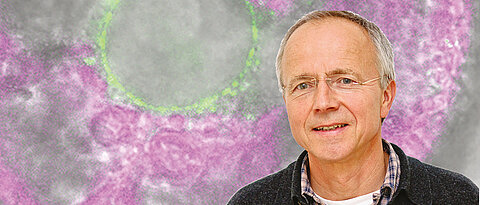
Controlling cells with light: Professor Georg Nagel has won another award for his contributions to the invention and refinement of optogenetics. He received the prize along with other laureates in the USA.
more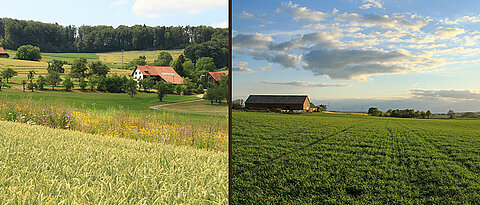
Diversity beats monotony: a colourful patchwork of small, differently used plots can bring advantages to agriculture and nature. This is the result of a new study by the University of Würzburg.
more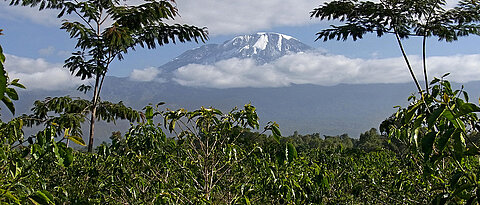
Land use in tropical mountain regions leads to considerable changes of biodiversity and ecological functions. The intensity of such changes is greatly affected by the climate.
more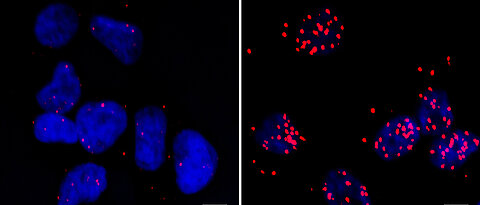
Two proteins work hand in hand to ensure that the tumour cells of neuroblastoma can grow at full speed. In "Nature", a Würzburg research team shows how the proteins can do this.
more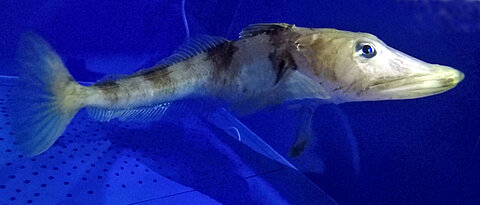
Icefish live in an environment that should be deadly for them. Scientists have now investigated how they still manage to exist there and what evolutionary adaptations they have had to undergo in order to do so.
more